Five events that wouldn’t have happened without WWI
From women’s rights to Gaza, the First World War has shaped the greatest events of the 20th century – and beyond.
Like predicting the future, it is very hard to say with any degree of certainty what would have happened had “history” taken a different course.
But the First World War was the most shattering and loaded event of the 20th century, and without it it is hard to imagine the events listed below unfolding in the way they did, or possibly at all:
Votes for women
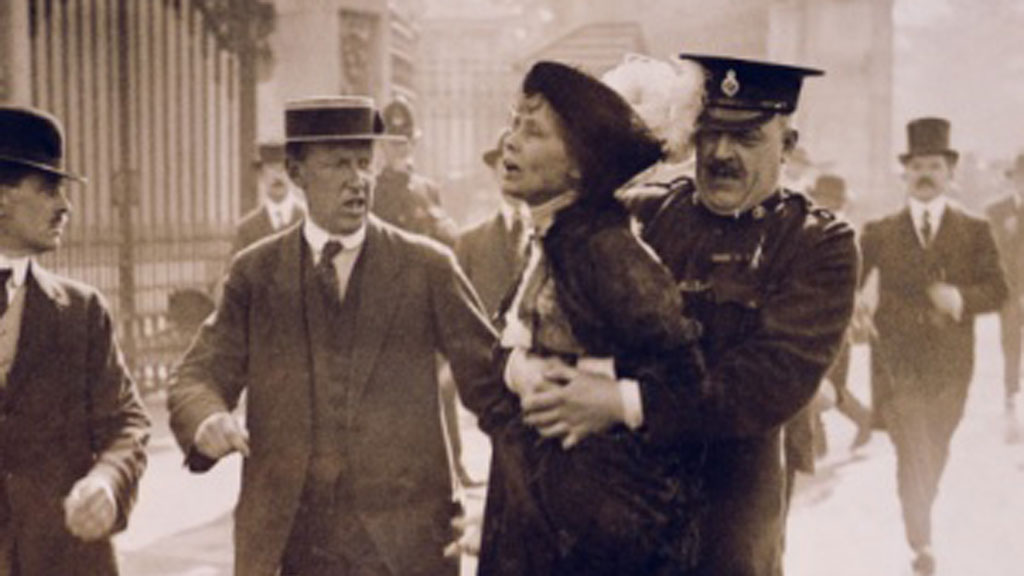
Women’s suffrage would almost certainly have come about anyway but it was the First World War and the role which British women played in it that brought about the change in 1918.
If there was any doubt women could discharge national responsibilities as well as men (and, strange as it may seem today, there was plenty at the start of the 20th century), this was blown away by the First World War and the women who took on “men’s” jobs doing it.
The war also provided a break from the militancy of the Suffragettes which allowed the government to reverse its position without losing face.
The Second World War
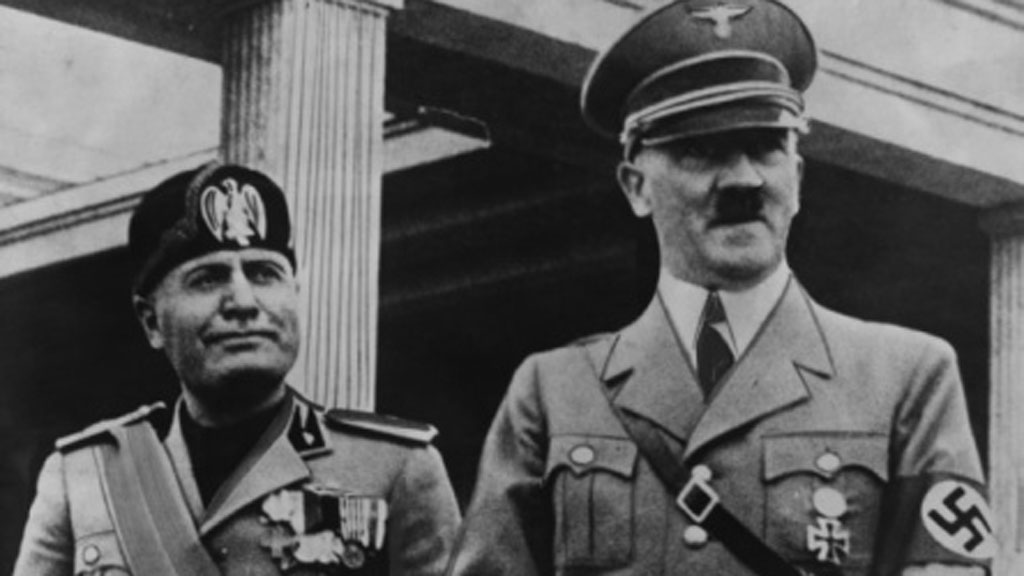
“This is not peace; it is an armistice for 20 years,” was Marshal Foch’s damning verdict on the Treaty of Versailles, imposed on Germany at the end of the First World War.
Ordering an already bankrupt country to pay vast reparations and humiliating its people by forcing Germany to accept sole guilt for starting the war, the allies sowed the seeds for the next great conflagration.
Without the Treaty of Versailles and the “Jewish conspiracy” which he imagined surrounded it, Adolf Hitler would have lost the central grievances which he was to exploit to murderous effect in the 1930s.
The cold war
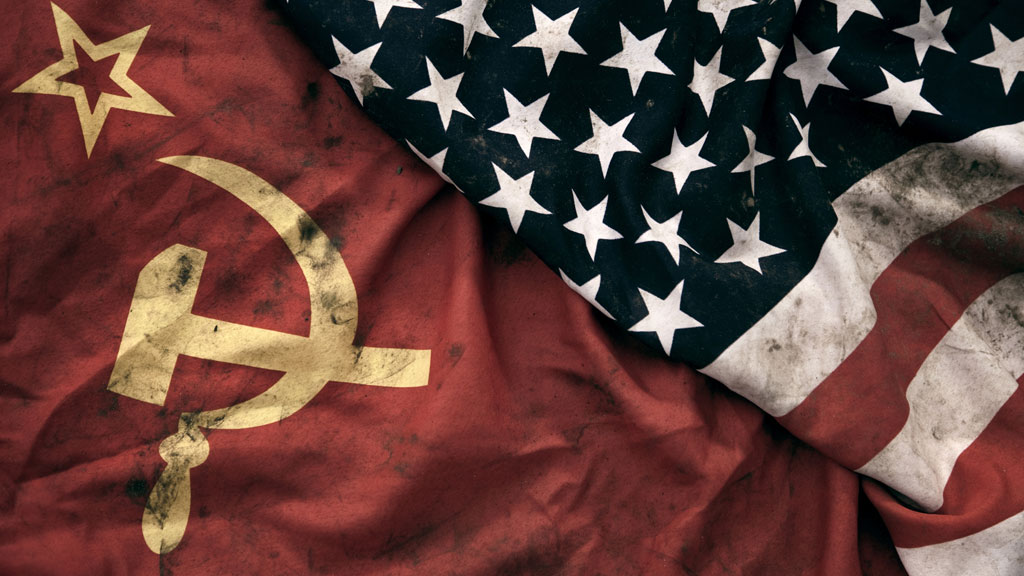
Tsarist Russia was a vast, glittering, palace beset by dry rot. Yet it took the strains and failures of Russia’s involvement in world war one to bring the whole structure crashing down.
The Russian revolution of 1917 and subsequent Bolshevik takeover were direct results of the war which led to an ideological and geographical world divide which, despite the end of the Soviet Union, is still being felt today.
The end of empire and the UN
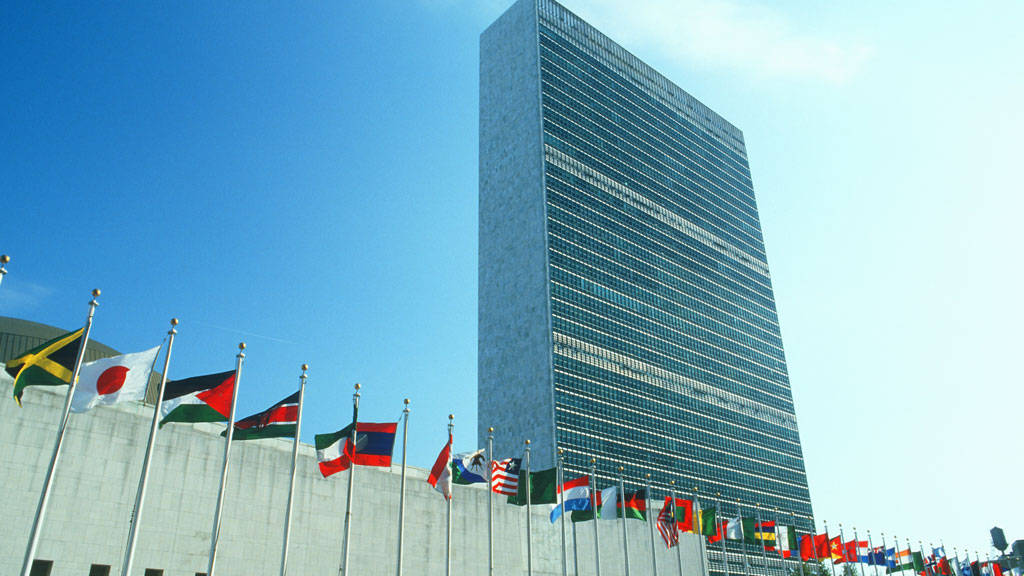
The British empire actually increased in size at the end of the First World War – taking on a number of “mandates”, or nascent countries, under its “protection”. But the empire was now in decline.
Not only had the vast empire – encompassing a quarter of the globe – failed to defeat its enemies in a speedy and decisive way, but the unmitigated disaster that was Gallipoli, at which 11,000 Australians and New Zealanders were killed, took much of the shine off the biscuit tins.
It was also thought, not least by the American President, Woodrow Wilson, that empire building had been in large part responsible for causing the war. What the world needed now were international bodies aimed at settling disputes and “self-determination”.
As a result the League of Nations was founded and then, after the failure of that body to prevent another world war, the United Nations.
Gaza
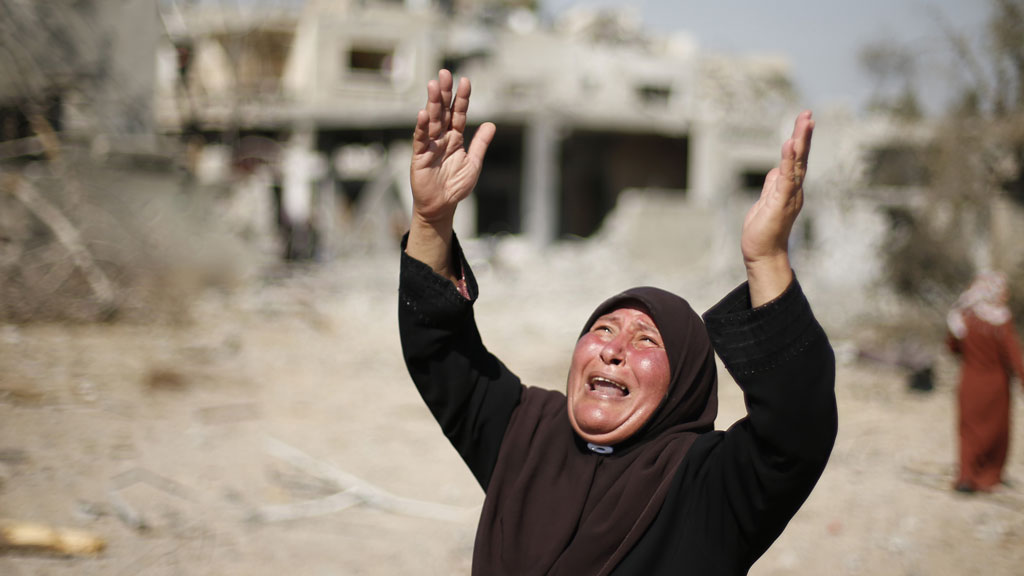
This is the hardest and most controversial of the war’s legacies to extrapolate, owing to the succession of other conflicts which have since seared the region.
But it was during the First World War in 1917 that the British government, with an eye to winning allies in both America and Russia, promised to create “a national home for the Jewish people” in Palestine.
Although the Balfour Declaration went on to state that “nothing shall be done which may prejudice the civil and religious rights of existing non-Jewish communities in Palestine”, subsequent events have shown this to have been quite recklessly naïve.
Follow @TimPBouverie on Twitter
-
Latest news
-
As India goes to the polls in the world’s largest election – what do British-Indians think?6m

-
Tees Valley: Meet the candidates in one of the biggest contests coming up in May’s local elections4m

-
Keir Starmer says public sector reform will be a struggle7m

-
Nicola Sturgeon’s husband Peter Murrell charged with embezzlement of funds from SNP1m

-
Ukraine might finally get $60billion in American weapons and assistance to defend against Russia3m

-




